Have you ever watched a puppy discover the world, eyes wide, tail wagging, and nose twitching at every new sight and sound? It’s a heart-melting moment, but it’s also a crucial time that shapes your dog’s entire life. Socializing a puppy isn’t just about making friends at the dog park—it’s a journey of trust, courage, and unforgettable firsts. Imagine giving your puppy the confidence to face bustling city streets, quiet forests, or the clatter of your favorite café. For dog lovers, there’s nothing more rewarding than watching your pup grow into a well-adjusted, happy companion. But how do you make sure your puppy feels safe and excited about all life’s surprises? Let’s dive into the practical, emotional, and surprisingly fun ways to socialize your puppy to different environments, so every new adventure is a tail-wagging success.
Understanding Puppy Socialization: More Than Just Playdates
Socialization is often misunderstood as simply letting your puppy play with other dogs, but it’s so much more than that. It’s about introducing your puppy to all kinds of sights, sounds, people, and places while they’re still young and impressionable. Think of it like giving your puppy a passport to the world, stamping it with positive experiences that build their confidence and resilience.
During the early months—usually between three and sixteen weeks—puppies are especially open to learning. This is a magical window when their brains are wired to soak up new information. If a puppy only ever sees the same backyard, unfamiliar places later on can seem scary or overwhelming. That’s why starting early and making these introductions gentle and positive is key. Socialization isn’t just a checklist, it’s a gift that helps your puppy blossom into a friendly, fearless adult dog.
Why Early Exposure Matters for Lifelong Confidence
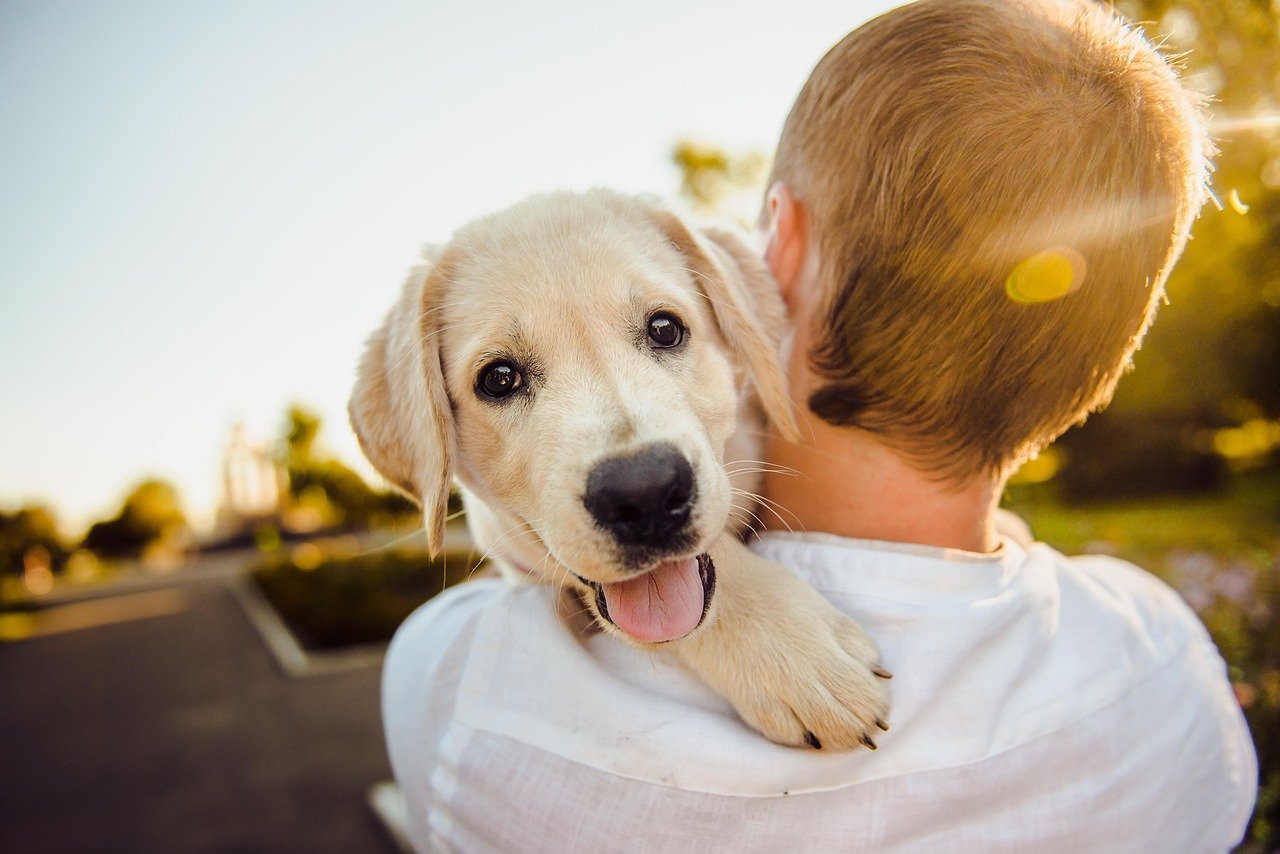
The first few months of a puppy’s life are like wet cement—whatever they experience, good or bad, leaves a lasting impression. Early exposure to different environments helps prevent fear and anxiety down the road. Imagine a puppy who’s never heard a vacuum cleaner roar or walked on a shiny tile floor. When faced with these things as an adult, they might freeze, bark, or even try to run away.
By gently introducing your puppy to a variety of environments early, you’re teaching them that the world is a safe and exciting place to explore. Dogs who miss out on this can grow up nervous or even aggressive in new situations. Socialization isn’t just about avoiding problems; it’s about unlocking your puppy’s curiosity and joy for life. Every new experience is like planting a seed of confidence that grows stronger with time.
Creating Positive Associations With New Places
When taking your puppy somewhere new—be it a bustling street, a friend’s house, or a pet store—focus on making the experience as positive as possible. Bring along treats, favorite toys, or even a cozy blanket from home. These familiar comforts act like a safety net, helping your puppy feel secure when everything else is new and different.
Watch your puppy’s body language closely. If they seem scared, don’t force them forward. Instead, let them approach at their own pace and reward even tiny steps with praise or a treat. Over time, your puppy will start to look forward to new places because good things happen there. This is the heart of socialization—turning the unknown into fun, rewarding adventures that build trust between you and your pup.
Gradual Introductions: Taking Baby Steps
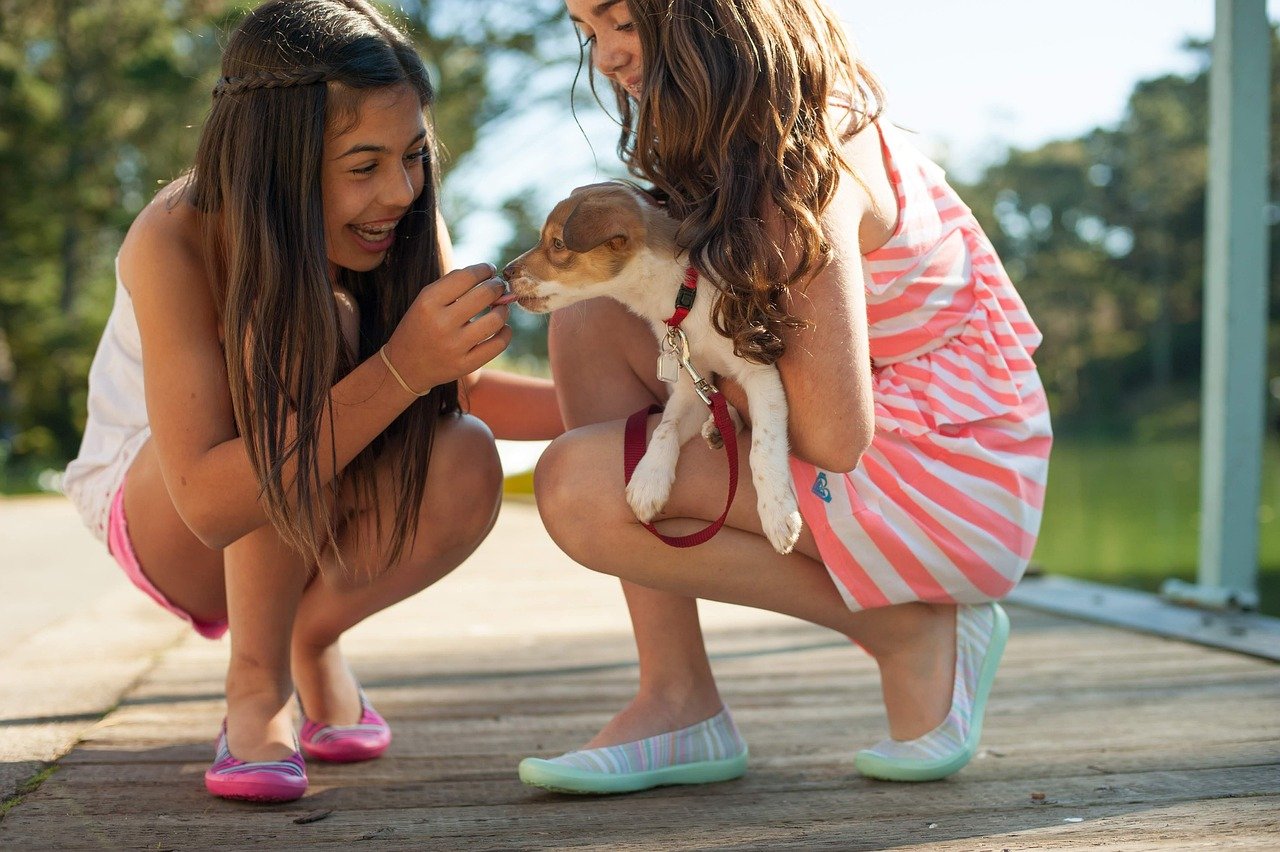
Throwing a puppy into a crowded market or noisy park on day one is like tossing a kid who can’t swim into the deep end of the pool. Start small and work your way up. Begin with quieter environments, like a friend’s backyard or a peaceful neighborhood street. Let your puppy sniff, explore, and get comfortable at their own pace.
As your puppy’s confidence grows, slowly introduce more challenging settings. Maybe a walk near a playground one day, a trip to a pet-friendly café the next. Each new place is a stepping stone. If your puppy ever gets overwhelmed, take a step back to a place where they feel safe. Remember, patience is your best tool. Every puppy is different—some race ahead, others need more time. The goal is steady progress, not perfection.
Introducing New Sounds and Sights
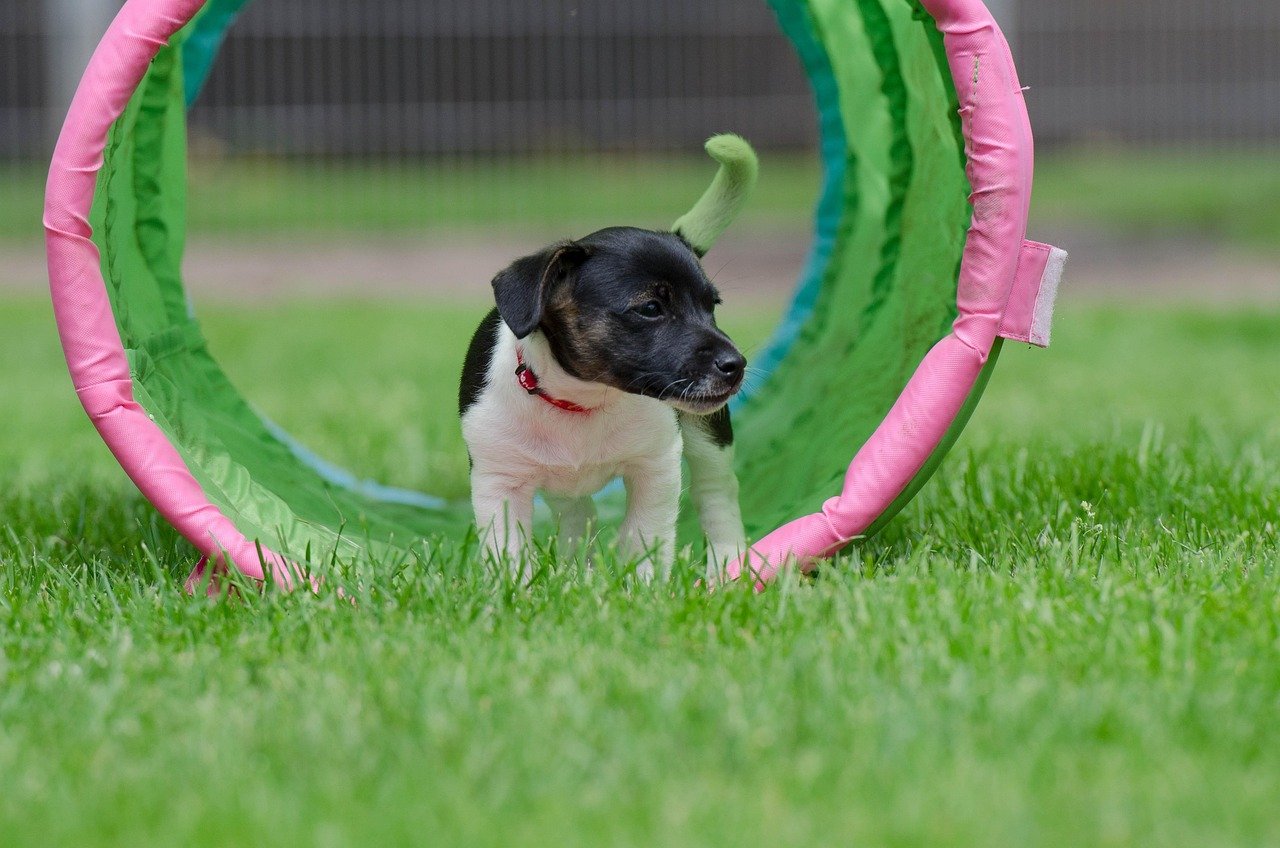
City life can be a sensory overload—honking cars, skateboards, sirens, and people rushing by. Even in quieter areas, there are lawn mowers, bicycles, and the neighbor’s barking dog. Exposing your puppy to these sounds early, in a controlled way, helps them learn that there’s nothing to fear.
At home, you can play recordings of city noises or thunderstorms at a low volume while offering treats or gentle play. Gradually raise the volume as your puppy gets comfortable. Take walks near playgrounds or busy roads, staying far enough away that your puppy stays relaxed. With patience, those once-scary sounds become just another part of their world.
Meeting New People: From Strangers to Friends
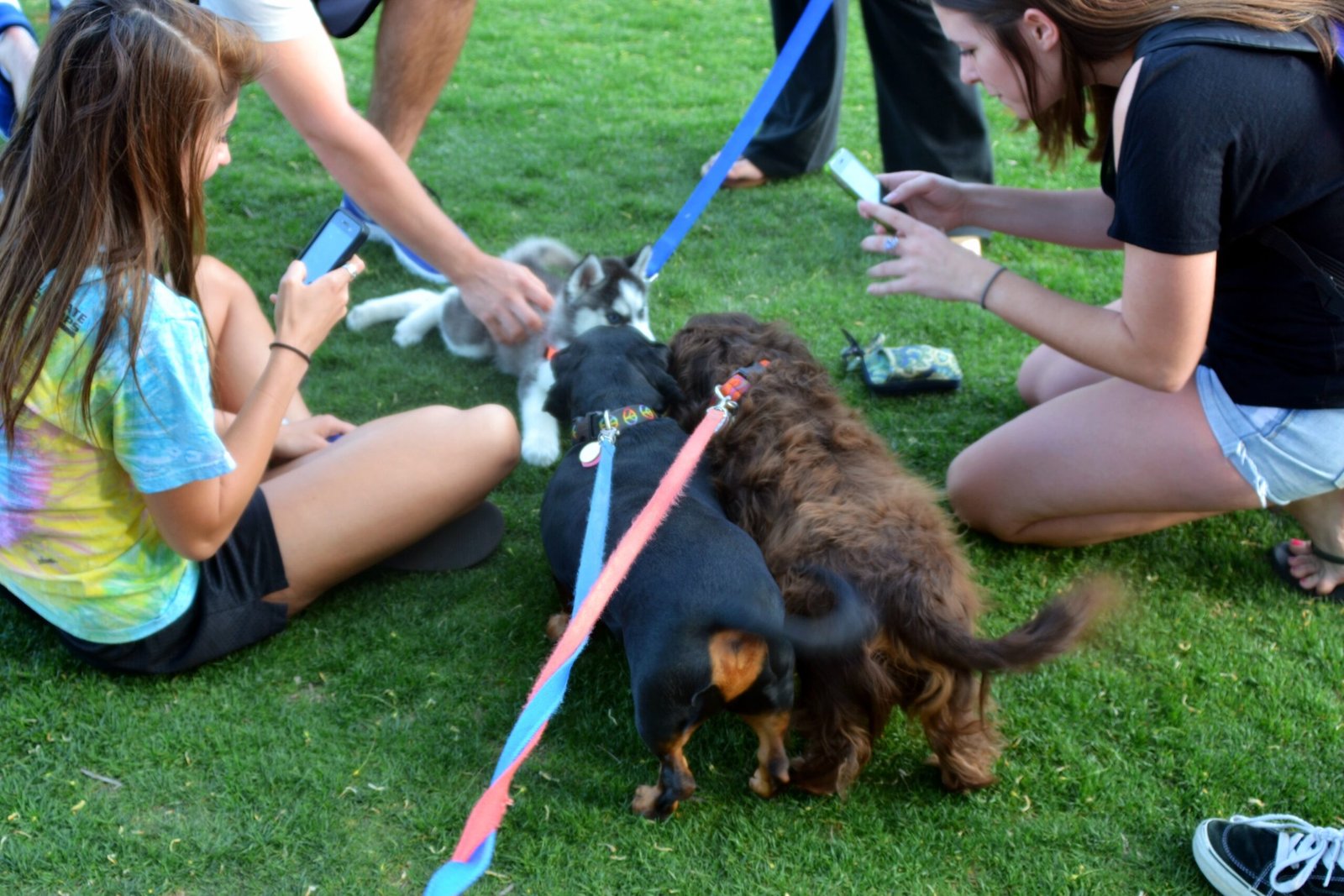
A well-socialized puppy should feel comfortable meeting all types of people—kids, adults, people wearing hats or sunglasses, and even those using wheelchairs or walkers. Start with calm, gentle people who understand how to approach puppies. Ask them to crouch down, let the puppy sniff, and offer a treat.
As your puppy gains confidence, increase the variety of people they meet. Encourage positive interactions, but don’t force your puppy to greet anyone they’re unsure about. If your puppy hides or acts scared, give them space and try again later. Over time, your puppy will learn that new faces are just potential friends, not threats.
Other Animals: Building Calm Curiosity
Dogs aren’t the only creatures your puppy will encounter in life. Cats, birds, horses, and even smaller pets like rabbits or ferrets can all be part of your puppy’s world. Start with controlled, supervised introductions. Keep your puppy on a leash and let them observe from a safe distance.
If your puppy is curious and calm, move a little closer, always rewarding gentle behavior. Never allow your puppy to chase or overwhelm another animal. Respect the comfort of both your puppy and the other animal. Gradual, positive encounters teach your puppy good manners and help prevent future problems like chasing or barking at unfamiliar animals.
Handling Different Surfaces and Obstacles
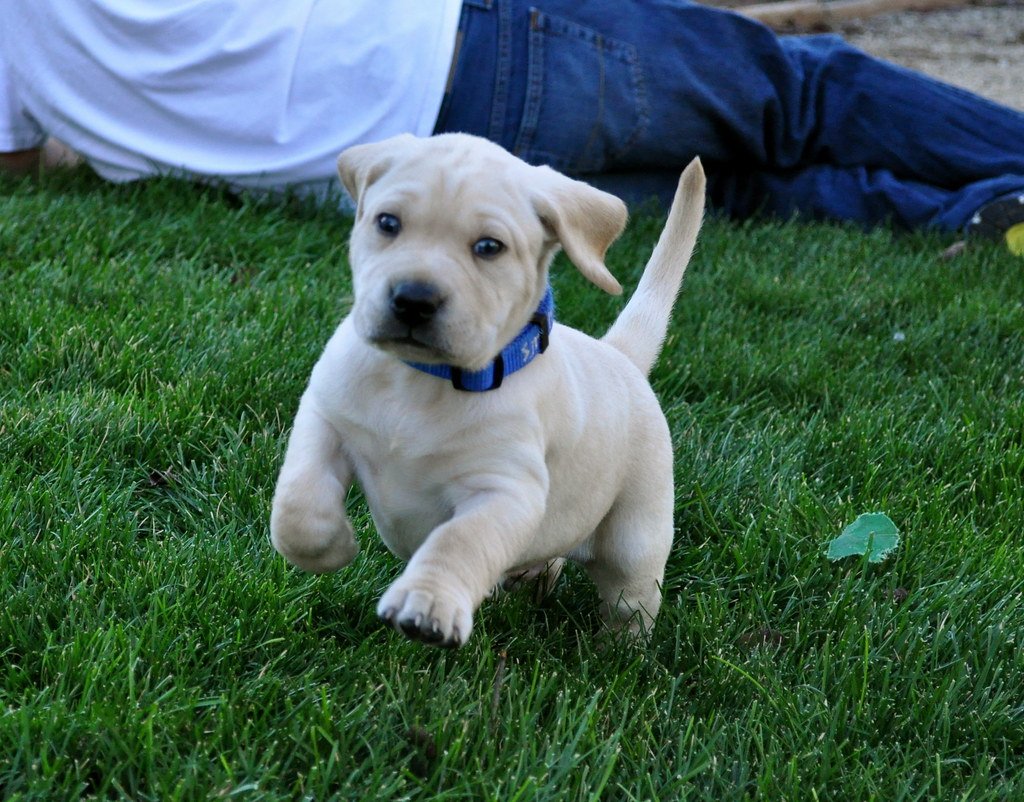
To a puppy, a slippery tile floor or a wobbly bridge can feel as strange as walking on the moon. Expose your puppy to different surfaces—grass, gravel, sand, carpet, tiles, and wooden decks. You can even set up a mini obstacle course at home using boxes, cushions, or low steps.
Encourage your puppy to explore and reward their bravery with treats or a game. If they’re hesitant, don’t force them—just let them watch or sniff until they feel ready. These experiences build physical confidence and help prevent future fears of things like stairs, elevators, or metal grates on the sidewalk.
Travel Adventures: Cars, Public Transport, and More
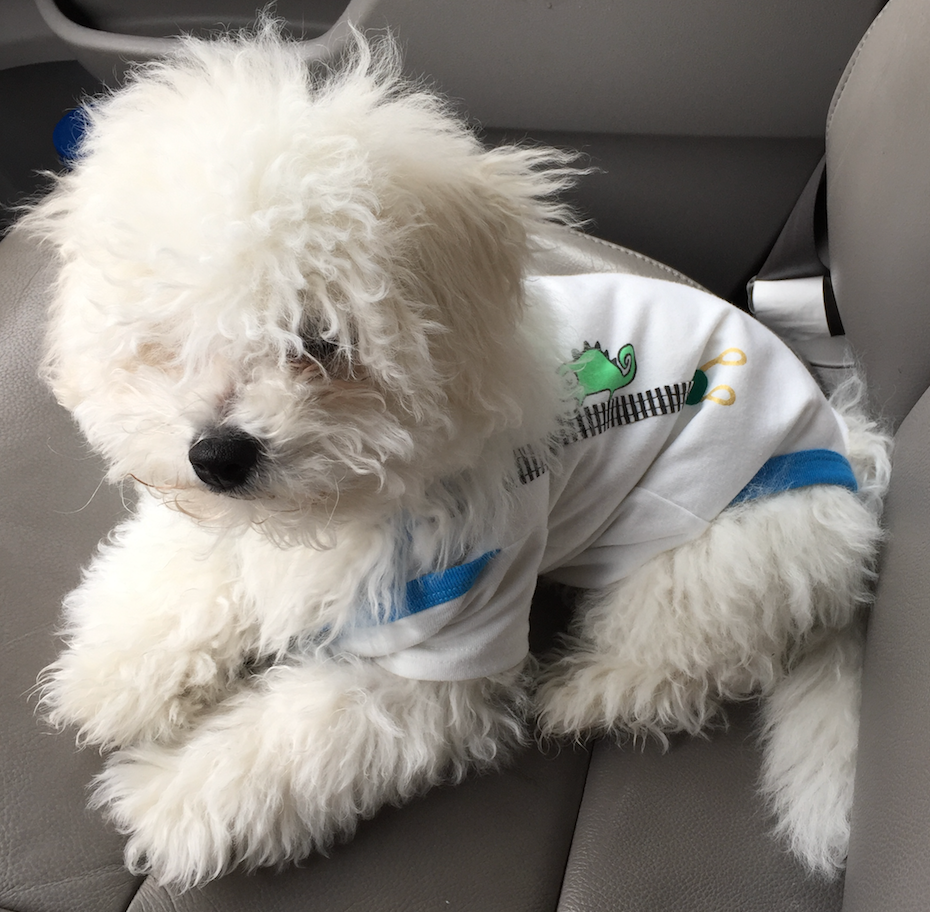
Getting your puppy used to car rides early is a lifesaver. Start with short, happy trips—maybe just around the block or to a favorite park. Use a secure crate or seatbelt harness, and never leave your puppy alone in the car. Offer treats and praise so your puppy learns that car rides mean fun, not fear.
If you live in a city, consider introducing your puppy to buses or trains. Hold them securely, keep sessions brief, and gradually increase the length as they get used to the movement and sounds. Learning to travel calmly means your puppy can join you on all sorts of adventures without worry.
Managing Setbacks and Building Resilience
Even with the best plans, every puppy will have an off day. Maybe a loud motorcycle startles them, or they freeze at the sight of a statue. Don’t panic—setbacks are normal. What matters is how you respond. Stay calm, offer comfort, and give your puppy a break if they seem overwhelmed.
Celebrate small victories, and don’t rush the process. Every puppy is unique, and some need more time than others. The key is consistency and patience. Over time, your puppy will learn that even when something scary happens, you’re there to guide them safely through it. This builds resilience and trust, setting the stage for a lifetime of happy exploration.





